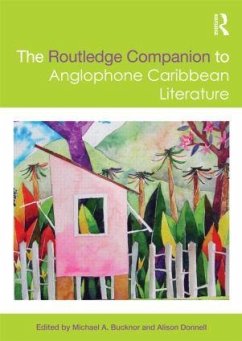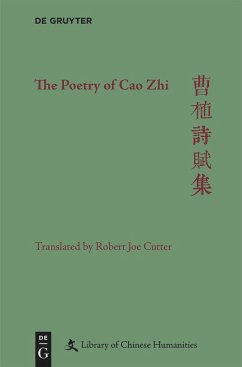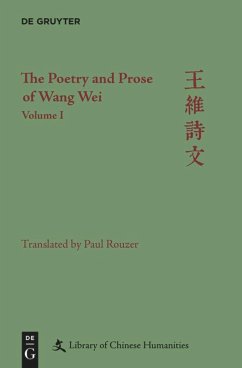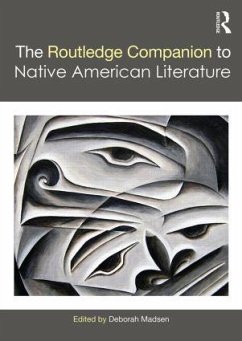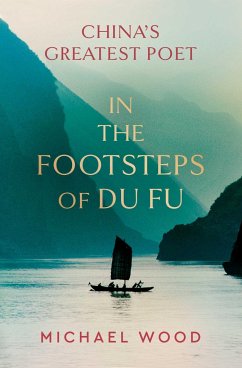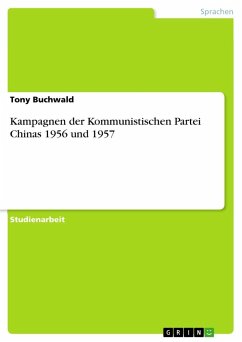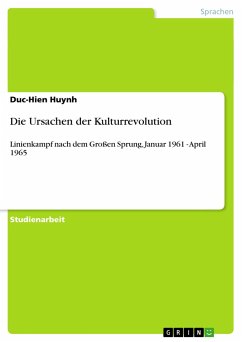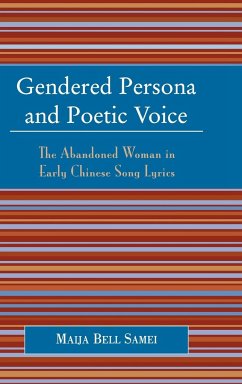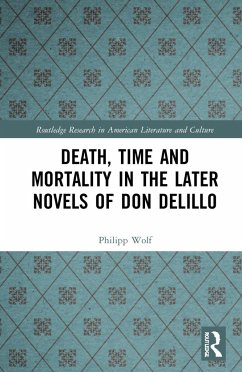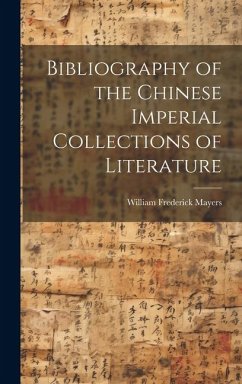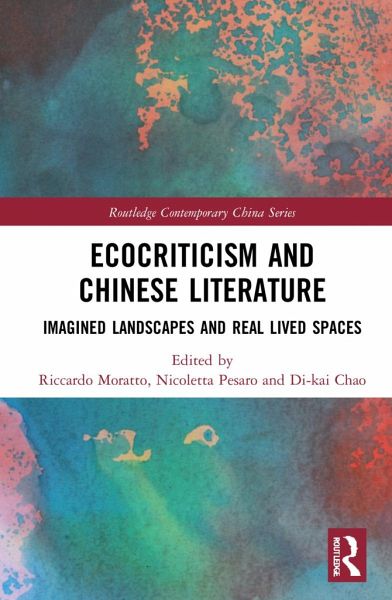
Ecocriticism and Chinese Literature
Imagined Landscapes and Real Lived Spaces
Herausgegeben: Moratto, Riccardo; Pesaro, Nicoletta; Chao, Di-kai
Versandkostenfrei!
Versandfertig in 6-10 Tagen
137,99 €
inkl. MwSt.

PAYBACK Punkte
69 °P sammeln!
Focusing on ecocritical aspects throughout Chinese literature, particularly modern and contemporary Chinese literature, the contributors to this book examine the environmental and ecological dimensions of notions such as qing ( ) and jing ( ).Chinese modern and contemporary environmental writing offers a unique aesthetic perspective toward the natural world. Such a perspective is mainly ecological and allows human subjects to take a benign and nonutilitarian attitude toward nature. The contributors to this book demonstrate how Chinese literary ecology tends toward an ecological-systemic holism...
Focusing on ecocritical aspects throughout Chinese literature, particularly modern and contemporary Chinese literature, the contributors to this book examine the environmental and ecological dimensions of notions such as qing ( ) and jing ( ).
Chinese modern and contemporary environmental writing offers a unique aesthetic perspective toward the natural world. Such a perspective is mainly ecological and allows human subjects to take a benign and nonutilitarian attitude toward nature. The contributors to this book demonstrate how Chinese literary ecology tends toward an ecological-systemic holism from which all human behaviors should be closely examined. They do so by examining a range of writers and genres, including Liu Cixin's science fiction, Wu Ming-yi's environmental fiction, and Zhang Chengzhi's historical narratives.
This book provides valuable insights for scholars and students looking to understand how Chinese literature conceptualizes the relationship between humanity and nature, as well as our role and position within the natural realm.
Chinese modern and contemporary environmental writing offers a unique aesthetic perspective toward the natural world. Such a perspective is mainly ecological and allows human subjects to take a benign and nonutilitarian attitude toward nature. The contributors to this book demonstrate how Chinese literary ecology tends toward an ecological-systemic holism from which all human behaviors should be closely examined. They do so by examining a range of writers and genres, including Liu Cixin's science fiction, Wu Ming-yi's environmental fiction, and Zhang Chengzhi's historical narratives.
This book provides valuable insights for scholars and students looking to understand how Chinese literature conceptualizes the relationship between humanity and nature, as well as our role and position within the natural realm.



